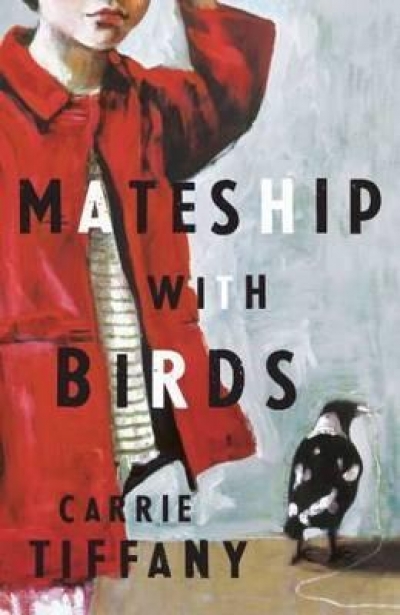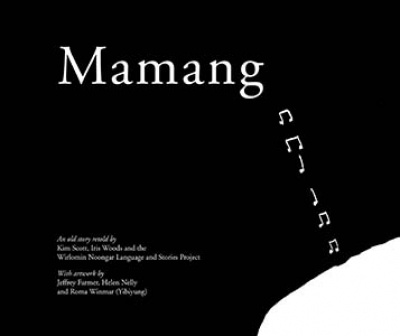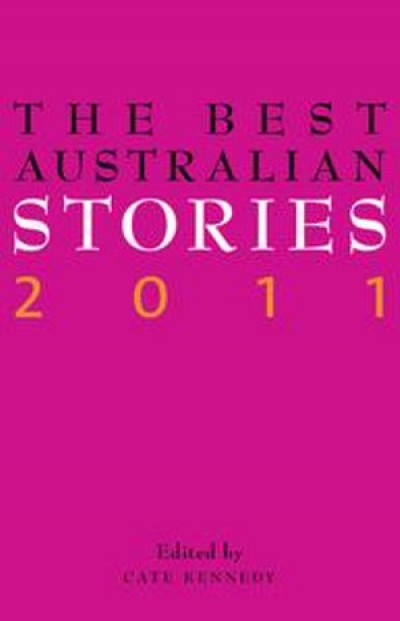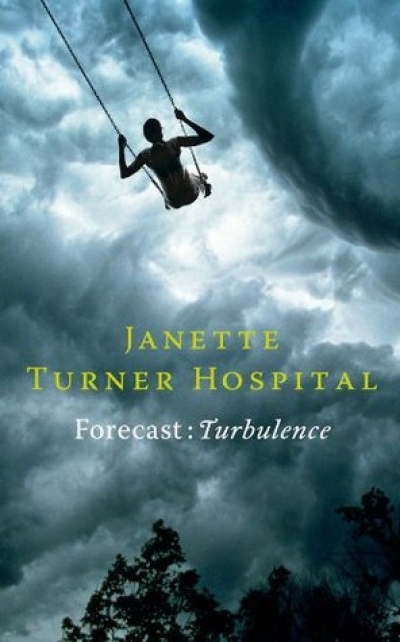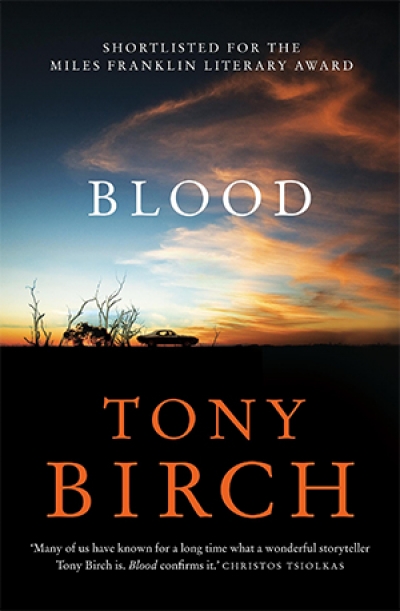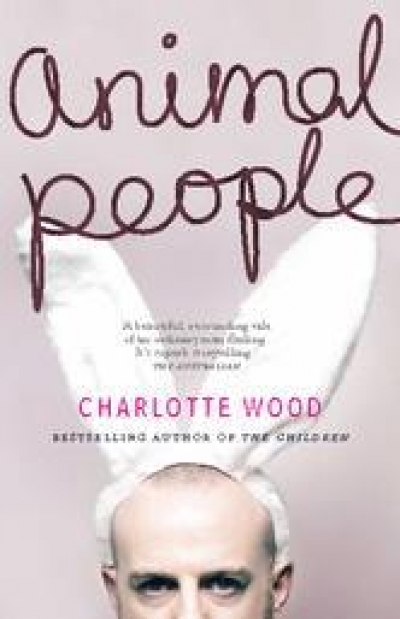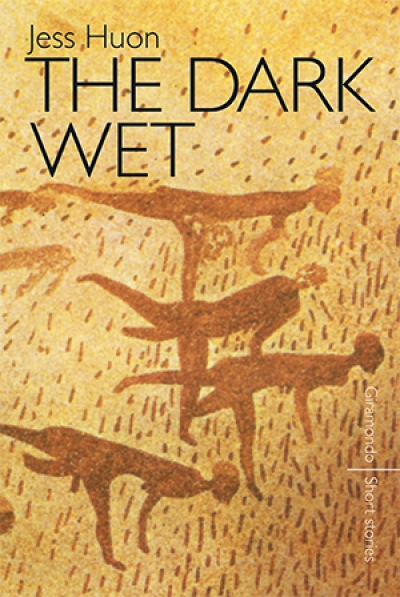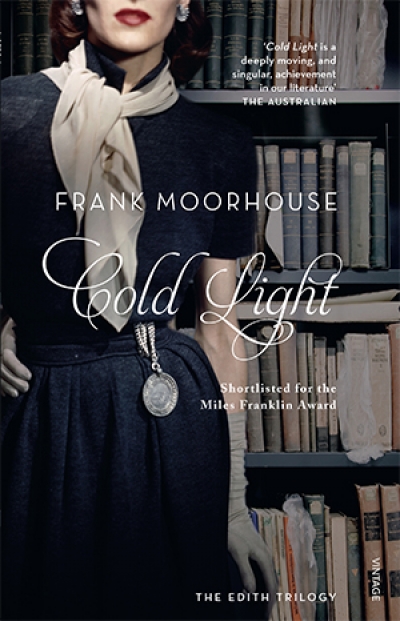Australian Fiction
Mamang by Kim Scott, Iris Woods, and the Wirlomin Noongar Language and Stories Project & Noongar Mambara Bakitj by Kim Scott, Lomas Roberts and the Wirlomin Noongar Language and Stories Project
by Christine Nicholls •
The Best Australian Stories 2011 edited by Cate Kennedy
by Ruth Starke •
Forecast: Turbulence by Janette Turner Hospital
by Rhyll McMaster •
The Coming of the Whirlpool: Ship Kings Book One by Andrew McGahan
by Gillian Dooley •

